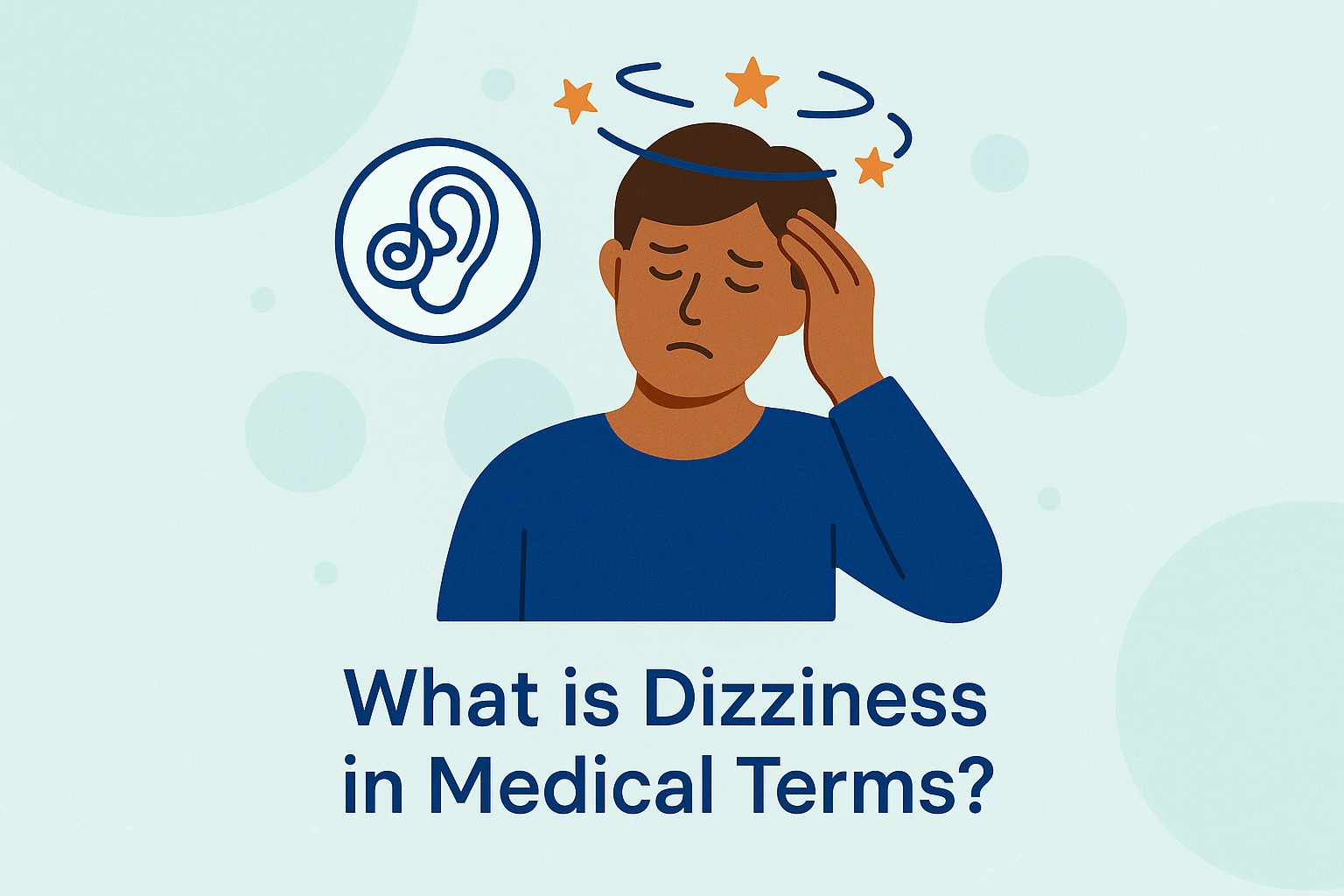Dizziness refers to a group of sensations such as light-headedness, unsteadiness, and a feeling of faintness, often experienced as a result of changes in balance or spatial orientation. It differs from vertigo, which is the sensation of spinning or movement.
While dizziness can occur due to a variety of causes, such as dehydration, ear infections, or low blood pressure, it can also be linked to more serious conditions like neurological disorders or cardiovascular issues.
Understanding the nature of dizziness can help individuals manage it more effectively and seek timely medical attention when necessary. If dizziness becomes frequent or is accompanied by other concerning symptoms, it is crucial to consult a healthcare professional for a thorough evaluation and personalized treatment options.

Symptoms of Dizziness
Symptoms of dizziness include various sensations that may indicate an underlying issue.
- Light-headedness
- Unsteadiness
- Feeling faint
- Spinning sensation
- Nausea
- Balance problems
Causes of Dizziness
Common causes and risk factors for dizziness include reduced blood flow and inner ear disturbances.
- Dehydration
- Inner ear infections
- Low blood pressure
- Medication side effects
- Neurological conditions
When to See a Doctor for Dizziness?
Seek medical advice for dizziness if you experience fainting or chest pain. Confusion can also indicate a serious condition requiring immediate attention.
Related Terms to Dizziness
FAQs for Dizziness in Medical Terms
What is the difference between dizziness and vertigo?
Dizziness is a general term for various sensations, while vertigo specifically refers to a spinning sensation.
How does presyncope differ from dizziness?
Presyncope is a feeling of faintness or impending loss of consciousness, whereas dizziness encompasses a broader range of sensations.
When should I go to the ER for dizziness?
If you experience fainting, chest pain, or confusion, seek emergency care immediately.
Can heat and dehydration cause dizziness?
Yes, in hot climates like the UAE, dehydration from heat or fasting can lead to dizziness.
How can I reduce my risk of dizziness?
Staying hydrated, avoiding sudden movements, and managing stress may help reduce the risk.
